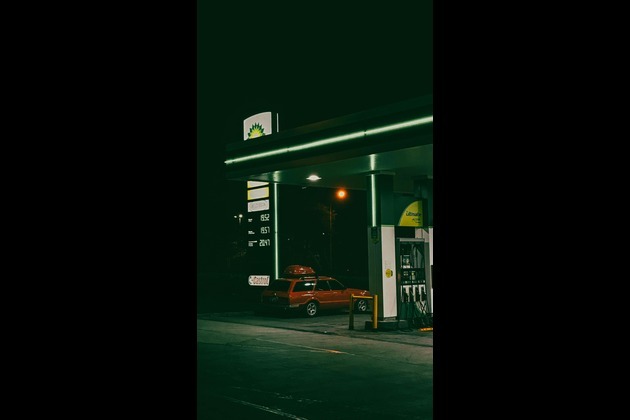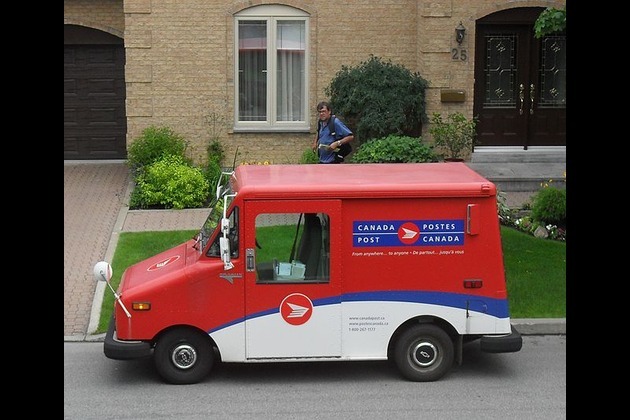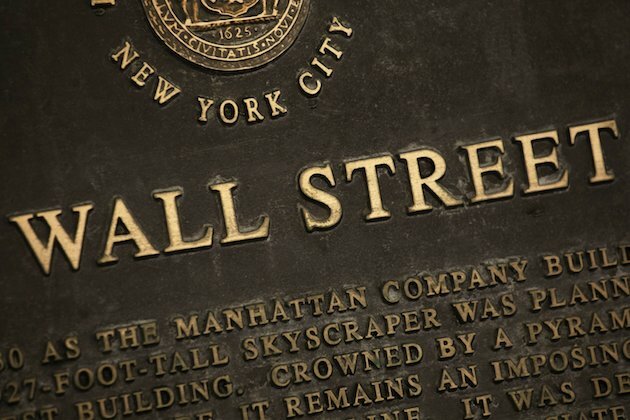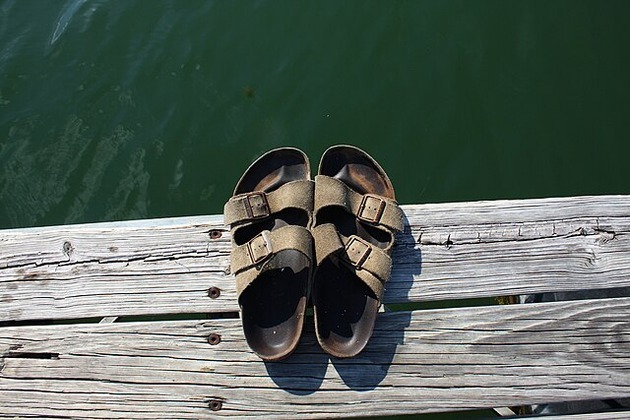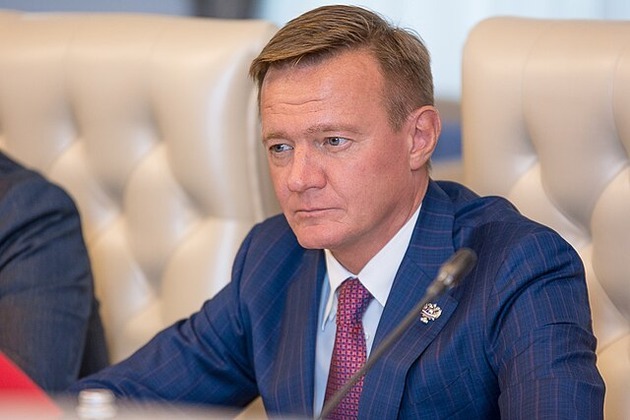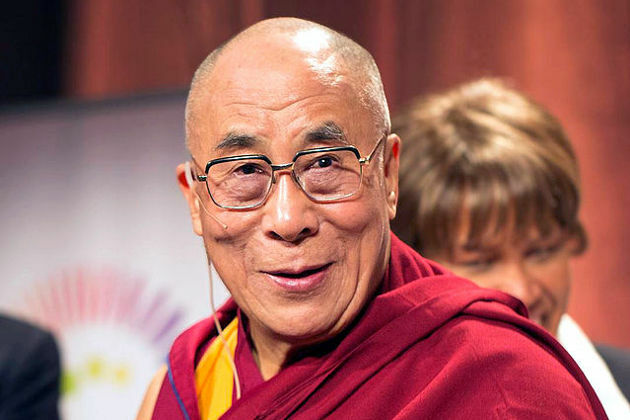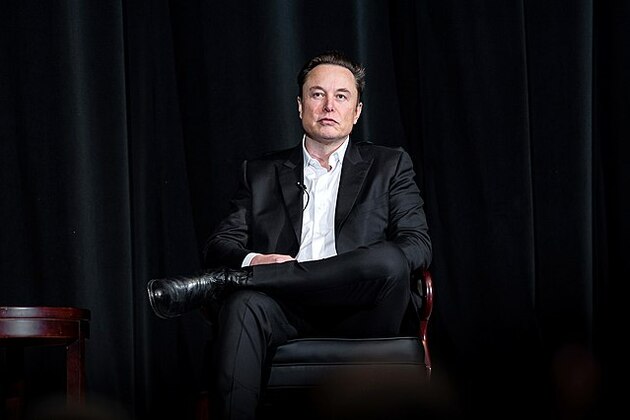Why Quebec's refugee sponsorship suspension is so misguided
The Conversation
22 Nov 2020, 20:09 GMT+10
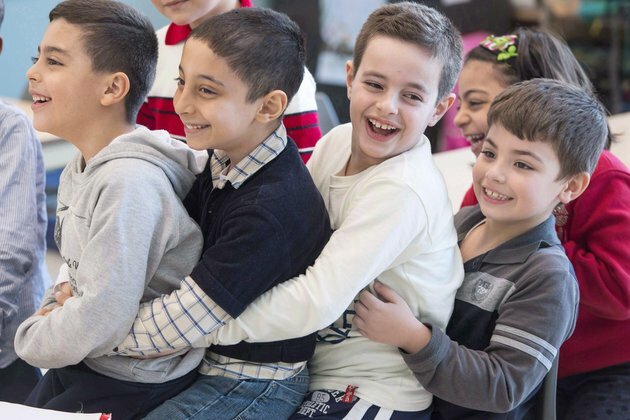
For more than 40 years, Canada has been at the forefront of private refugee sponsorship. But in October 2020, the Quebec government announced a partial suspension of refugee sponsorships in the province. Until Nov. 1, 2021, sponsorship organizations are not permitted to sponsor refugees to Quebec.
Currently, Quebec accepts 750 sponsorships a year. The suspension maintains this target, yet until November 2021, only groups of two to five people can privately sponsor a refugee rather than large sponsorship organizations.
Quebec's immigration department justified the suspension in the face of "serious allegations" of fraud within the program, without providing details, ostensibly to avoid prejudicing ongoing investigations. Yet sponsorship organizations were surprised by the decision and deplored the blanket punishment rather than targeted action.
The nature of the accusations leading to the October 2020 suspension is not known.
Quebec operates its own immigrant selection, including refugee sponsorship, through an agreement with the government of Canada. The federal government has set aside a portion of its annual sponsorship targets for Quebec since 1997.
Prior suspensions
This isn't the first time the provincial government has suspended refugee sponsorship. In January 2017, following a surge of sponsorship applications in the wake of the Syrian refugee crisis, the intake of new sponsorship applications was suspended. Quebec's immigration regulations were amended to allow the immigration department to process existing applications, address concerns and establish a reporting procedure.
Sponsoring groups welcomed the suspension at the time, arguing it would allow the department to reform its "antiquated program."
A year and a half later, in July 2018, an overall cap of 750 on new sponsorship applications was introduced, with specific quotas for sponsorship categories, such as 100 slots for applications by individual sponsor groups of two to five people. Applications were to be delivered to the immigration department on a first-come, first-served basis at a set date.
In September 2018 and again in January 2020, the policy resulted in professional couriers charging exorbitant fees to spend days waiting at the immigration department on behalf of private sponsors so as to be "the first in the line."
Accusations of fraud by these companies ensued. To avoid day-long queues at the provincial immigration department, the Quebec government has now announced it will replace the first-come, first-serve system with a lottery for admissible applicants.
The fact that only small groups of individuals can now sponsor refugees will be welcomed by some, considering 108 sponsorship spots, mostly reserved for regional sponsorship organizations, were left unfilled in 2020.
Calls for expansion
However, well-established and often faith-based sponsoring organizations with longstanding experience and familiarity with the program are stopped in their tracks even while the Montreal branch of the United Nations High Commissioner for Refugees (UNHCR) and other organizations have called for a significant expansion of provincial refugee resettlement.
Resettlement targets
At the federal level, the Liberal government's 2021-23 immigration and refugee targets increase immigration. This commitment is important, because Canada currently resettles more refugees than any other country in the world and actively promotes private refugee sponsorship globally.
But the high number of private sponsorships in comparison with government-assisted resettlement raises questions about government responsibility and whether Canada's program focuses on those refugees the UNHCR prioritizes for protection, such as refugees in need of physical and legal protection and survivors of violence or torture.
Canada's leadership on resettlement is also due to the sharp decline in the United States under President Donald Trump. The U.S. had been the world's resettlement leader.
The suspension in Quebec and the gutting of the U.S. program highlight the vulnerabilities inherent in a voluntary program of refugee protection. Swift policy changes of the type we're seeing in Quebec underscore the discretionary nature of refugee resettlement programs worldwide and the limitations of legal safeguards.
There is also federal precedent for abrupt resettlement changes in Canada. In 2011, the Conservative government under Stephen Harper repealed a resettlement category that permitted direct resettlement from home countries known as the Source Country Class. It was the only class that applied to people who were still in their country of origin.
The timing of Quebec's move is worrisome. The COVID-19 pandemic has led to a temporary suspension of global refugee resettlement and made it almost impossible to claim asylum. Countries are closing their doors at a time when refugees remain trapped in congested and dangerous camps where the virus can easily spread.
Read more: Dispatch from a refugee camp during the COVID-19 pandemic
In July, a federal court ruled that Canada is violating the rights of the refugee claimants it returns to the U.S. under the Safe Third Country Agreement. In contrast to its support for private sponsorship, the Canadian government is appealing that decision.
Rather than creating obstacles to entry, governments should be working to make refugee admissions easier during the pandemic.
Authors: AdУТЈle Garnier - Professeure adjointe, DУТЉpartement de gУТЉographie, UniversitУТЉ Laval | Shauna Labman - Associate Professor of Human Rights, Global College, University of Winnipeg 
 Share
Share
 Tweet
Tweet
 Share
Share
 Flip
Flip
 Email
Email
Watch latest videos
Subscribe and Follow
Get a daily dose of New York Statesman news through our daily email, its complimentary and keeps you fully up to date with world and business news as well.
News RELEASES
Publish news of your business, community or sports group, personnel appointments, major event and more by submitting a news release to New York Statesman.
More InformationBusiness
SectionBP appoints ex-Shell finance chief Simon Henry to board
LONDON, U.K.: This week, BP appointed Simon Henry, former Shell finance chief, to its board as a non-executive director effective September...
FedEx, UPS step up as Canada Post loses market share in strikes
OTTAWA, Canada: With Canada Post struggling to maintain operations amid labour unrest, rivals like FedEx and UPS are stepping in to...
U.S. stocks steady Tuesday despite tariffs turmoil
NEW YORK, New York - U.S. and global markets showed a mixed performance in Tuesday's trading session, with some indices edging higher...
Beijing blamed for covert disinformation on French fighter jet Rafale
PARIS, France: French military and intelligence officials have accused China of orchestrating a covert campaign to damage the reputation...
Birkenstock steps up legal battle over fakes in India
NEW DELHI, India: Birkenstock is stepping up its efforts to protect its iconic sandals in India, as local legal representatives conducted...
Beijing hits back at EU with medical device import curbs
HONG KONG: China has fired back at the European Union in an escalating trade dispute by imposing new restrictions on medical device...
International
SectionPutin fires transport chief, later found dead in suspected suicide
MOSCOW, Russia: Just hours after his sudden dismissal by President Vladimir Putin, Russia's former transport minister, Roman Starovoit,...
Thousands gather in Himalayas as Dalai Lama celebrates 90th birthday
DHARAMSHALA, India: The Dalai Lama turned 90 on July 6, celebrated by thousands of followers in the Himalayan town of Dharamshala,...
Fans perform WWII-era Fascist salute at Marko Perković’s mega concert
ZAGREB, Croatia: A massive concert by popular Croatian singer Marko Perković, known by his stage name Thompson, has drawn widespread...
U.S. Treasury Secretary says Musk should steer clear of politics
WASHINGTON, D.C.: Elon Musk's entry into the political arena is drawing pushback from top U.S. officials and investors, as his decision...
TikTok building U.S.-only app amid pressure to finalise sale
CULVER CITY, California: TikTok is preparing to roll out a separate version of its app for U.S. users, as efforts to secure a sale...
Trump defends use of 'Shylock,' citing ignorance of slur
WASHINGTON, D.C.: President Donald Trump claimed he was unaware that the term shylock is regarded as antisemitic when he used it in...

